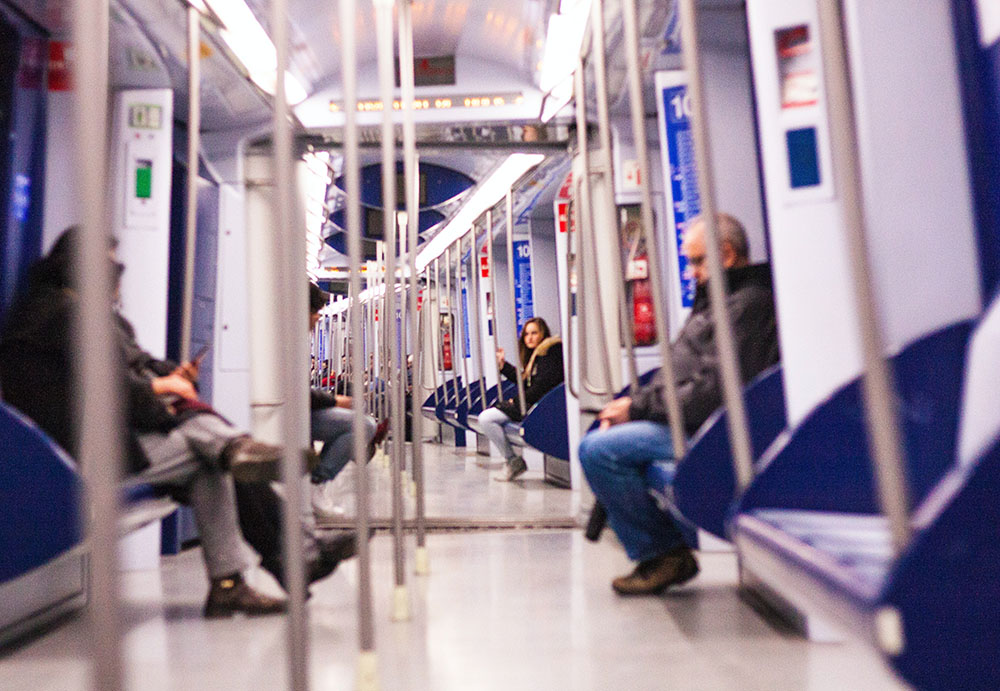
(Unsplash/Dario Mendez)
Following an in-person program in Tampa, Florida, my host and I went on a boat ride on the bay. Suddenly, I realized I was talking to strangers — laughing and singing — and we didn't have masks on.
It felt almost clandestine and at the same time a return to normal.
I found myself thinking how the pandemic altered our perception of the "other": the person we don't know, the person we encounter in public spaces. These others are potential threats to our health and well-being. We don't know where they have been or with whom. And so, we walk by each other with some fear and trepidation.
The danger is that they will remain other — strangers, people we don't trust. Our circle of friends and people we consider safe will remain closed.
Perhaps COVID-19 has only made visible what we already believe about the other.
Think about the critical issues facing our nation and our planet: climate change, infrastructure needs, payment of the national debt, racism, health care, living wage — just to name a few.
Now, think about how we are dealing with these issues. Too often, we have our circle of friends, TV stations and social media platforms to inform us and with whom to share our thinking.
We have ours; the others have theirs. In a way we are all masked — living somewhat in a lockdown, not wanting to nor able to speak to those who may be carriers of another worldview, political position or partisan affiliation.
We start to feel like strangers in our own country and even in our own parishes or houses of worship. We are not sure who is to be trusted and with whom we can unmask.
That is a very dangerous place to be, especially in a pluralistic democracy that is facing multiple challenges that affect everyone in this country and need to be discussed from various points of view.
Advertisement
When we see separateness first, the whole becomes fragmented. The broader identity within which we dwell is not seen. We belong to a planetary community woven from the commitment to the common good, a sustainable and healthy planet, world peace and economic justice.
Without that vision, the weaving is cut up, pulled apart as we try to protect much smaller and self-servicing pieces.
What if we could see that our positions and those of the other are part of the larger whole within which we live? They all embody some need, some value, some hope for our common future. They are expressed differently; some more wide-ranging; some more narrow and targeted.
Would seeing from the whole engender greater trust that what we all want is a healthy shared future? Would seeing from the whole invite us to take off our masks and engage with those whom we consider the other?
There are many reasons why we see separation first. It is our either/or way of thinking; our Newtonian understanding that reality is composed of separate atoms; our way of understanding who we are by defining ourselves by how we are different from each other.
This way of seeing seems inadequate today. We have to begin to see from the whole. To perceive a reality that is shared by all first. And only then explore our differences.
Contemplative practice can assist us in this way of seeing. As we enter the deep spaciousness where God, Divine Mystery dwells, we become aware that we abide in a universe rooted in and radiating Divine Love.
What if we perceived that "wholeness" first when we read the news, reflect on issues or meet the "other" — would that change how we engage our differences?
If we trusted such a vision, we might find ourselves laughing and singing with the other, feeling almost clandestine but soon sensing that this is what the new normal is!





